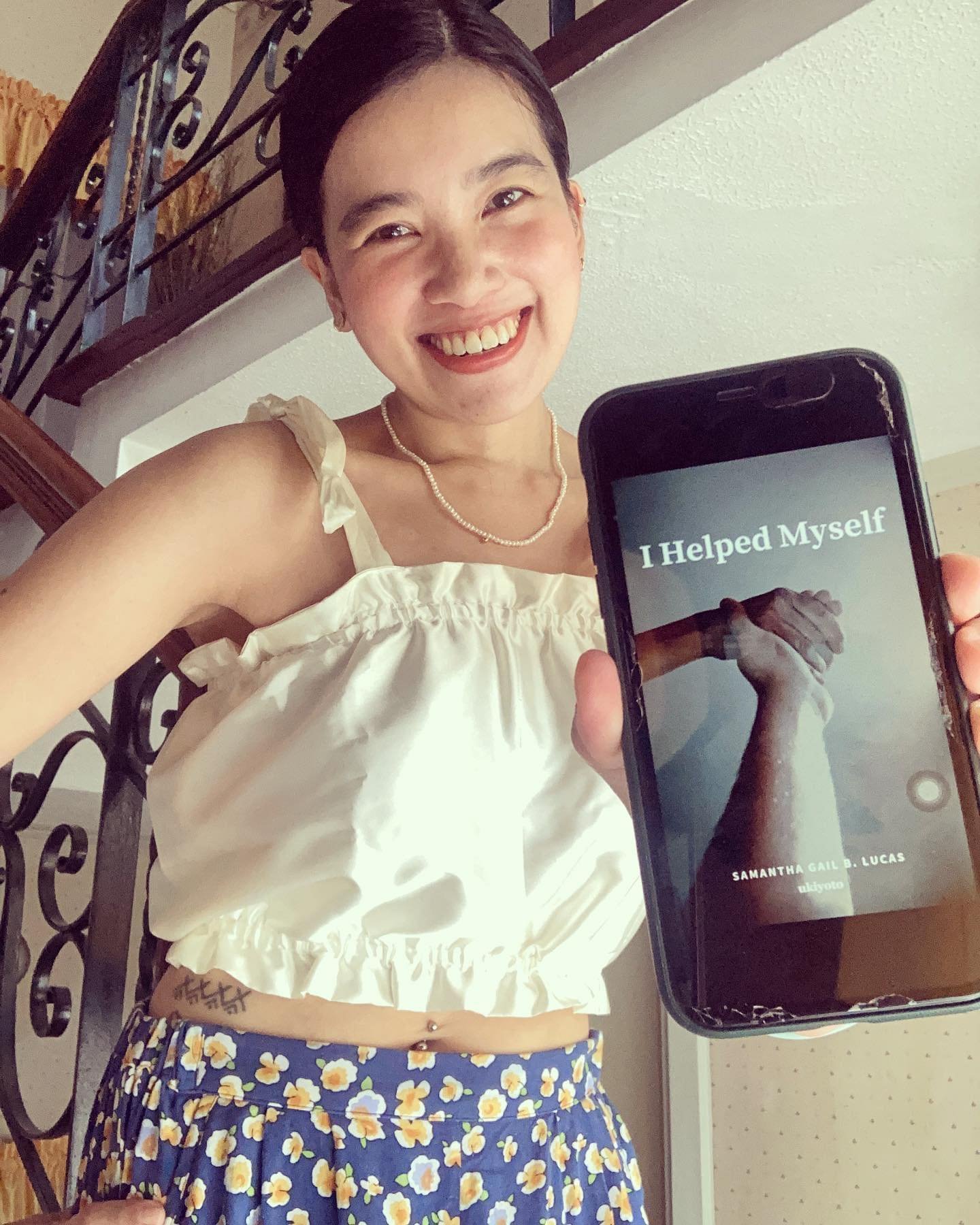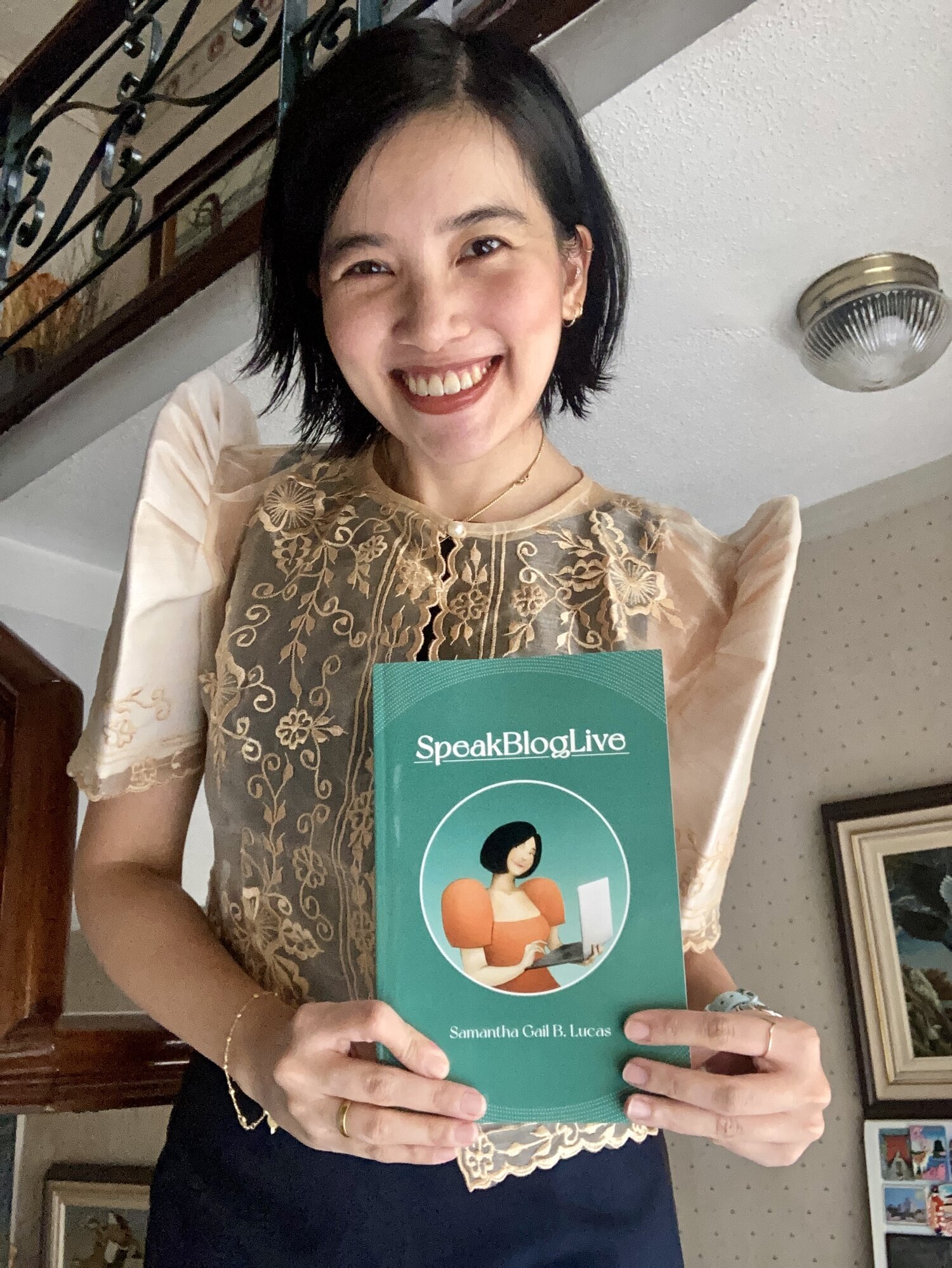Transit Dialog has published my essay, Commuting as a PWD is Hard. Read it here: https://www.facebook.com/share/UtteJ59zbqc4Hoax/?mibextid=WC7FNe 🚊
"𝘕𝘰𝘵 𝘢𝘭𝘭 𝘥𝘪𝘴𝘢𝘣𝘪𝘭𝘪𝘵𝘪𝘦𝘴 𝘢𝘳𝘦 𝘷𝘪𝘴𝘪𝘣𝘭𝘦... 𝘞𝘦 𝘢𝘳𝘦 𝘫𝘶𝘴𝘵 𝘵𝘳𝘺𝘪𝘯𝘨 𝘵𝘰 𝘴𝘶𝘳𝘷𝘪𝘷𝘦, 𝘢𝘯𝘥 𝘸𝘦 𝘩𝘰𝘱𝘦 𝘵𝘩𝘢𝘵 𝘸𝘦 𝘤𝘢𝘯 𝘣𝘦 𝘳𝘦𝘴𝘱𝘦𝘤𝘵𝘦𝘥 𝘧𝘰𝘳 𝘵𝘩𝘦 𝘱𝘦𝘰𝘱𝘭𝘦 𝘵𝘩𝘢𝘵 𝘸𝘦 𝘢𝘳𝘦."
𝗖𝗼𝗺𝗺𝘂𝘁𝗶𝗻𝗴 𝗔𝘀 𝗮 𝗣𝗪𝗗 𝗶𝘀 𝗛𝗮𝗿𝗱
𝘉𝘺 𝘚𝘢𝘮𝘢𝘯𝘵𝘩𝘢 𝘎𝘢𝘪𝘭 𝘓𝘶𝘤𝘢𝘴
I am a PWD. My disability is not apparent, so I may look and seem like I am well. However, I am far from it.
Each day is a struggle, and one of my biggest challenges is commuting. Public transportation in our country is already difficult to navigate, more so for the disabled like me. Thus, it is up to me to survive my trips, and to make sure that I reach point B without overexerting myself.
My biggest struggle is the discrimination that I face from drivers and operators. Whenever I ask for a discount, they give me a head to toe look. It is embarrassing, and there are times when showing them my PWD ID is still not enough. Most of the time, they laugh at me and tell me that I am not entitled to the discount.
Some drivers even tell me that I can walk or I can see. I never took no for an answer, and I always insist on getting that discount that I am entitled to. So far, being firm works for me.
Another challenge is riding the priority car in our trains. The senior citizens there always tell me to give up my seat for them. Sometimes, they even give snide remarks, which insinuate that I am not really disabled.
I give up my seat for those who really need them, especially those who are crippled, pregnant, blind, and the elderly. But those who are rude to me do not deserve my seat. Sometimes, I even insist that I need that seat, too. I am disabled and I deserve a seat as well. We do not need to be rude just to occupy some space in the priority seating area.
Dealing with the daily grind of commuting in the Philippines is taxing. As a PWD, it has become my responsibility to keep myself safe and sane during my commute. I opt to listen to music or read a book to pass the time. Blocking out the external noise helps me focus on my surroundings instead of hearing unnecessary comments from people who do not think I am disabled enough.
I also practice the art of 𝘥𝘦𝘢𝘥𝘮𝘢 or ignoring comments that do not pertain to me. I always think that they reflect the character of these people, and if they have the nerve to be unkind to the disabled, then I would not want to engage with them.
I hope that as commuters, we choose to be kind to others. If we see someone who is in the priority area, just assume that he or she deserves to be there. People do not need our unnecessary judgment. Sometimes, we just need to mind our own business.
We also need to be mindful of how our words can affect others. For some people who are sick or undergoing medical treatment, it is already overwhelming to commute and be in public spaces. Unwarranted comments only show lack of sensitivity to those who are different from us.
I hope that drivers and operators of public transportation can also have sensitivity training on disabilities. They also need to be aware of the discount we PWDs are entitled to. Yes, they already have challenges on franchising and the threat of being phased out, but PWDs are paying passengers, too. We also deserve to be given the treatment that we deserve.
Remember, not all disabilities are visible. Please be kind to PWDs. I am a PWD, and I hope that this essay will remind you that disabled people need to be treated better. We deserve kindness, especially when taking public transport.
We are just trying to survive, and we hope that we can be respected for the people that we are.
#authorlife








